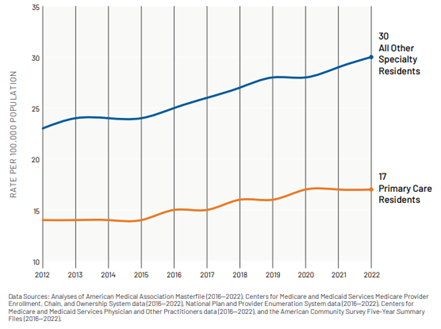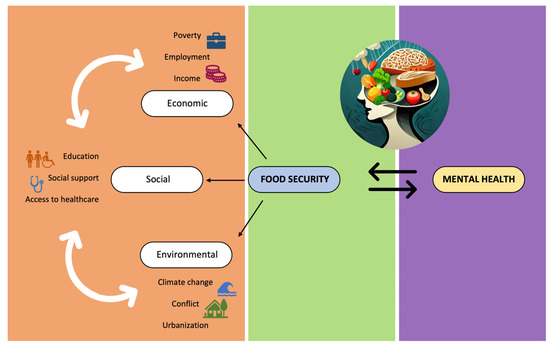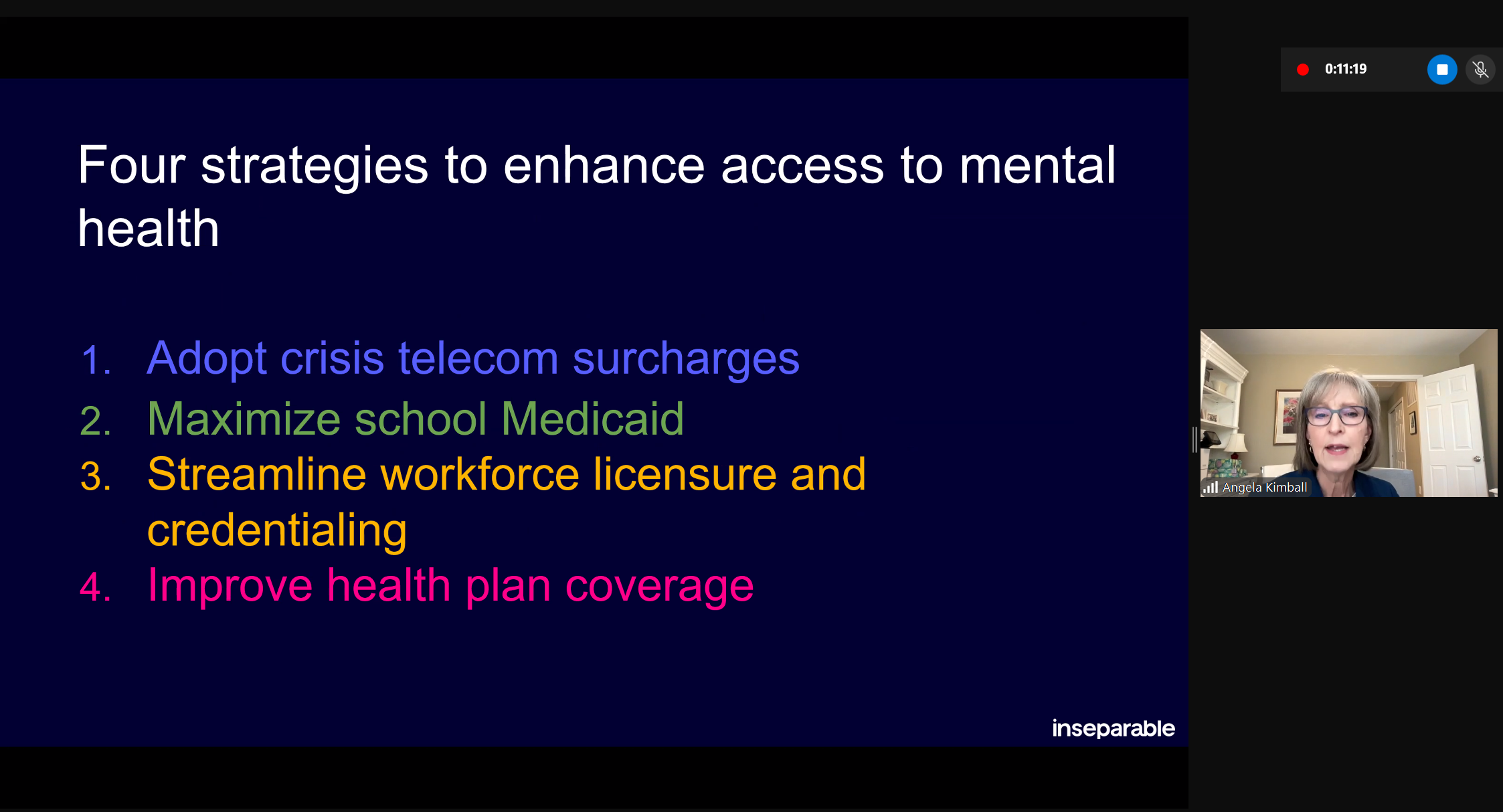The National Governors Association Center for Best Practices held a webinar on Thursday, June 22, 1:00-2:00 EST for members of our Economic Development and Outdoor Recreation Networks to learn about three projects funded by the U.S. Economic Development Administration’s Travel, Tourism and Outdoor Recreation (TTOR) grant program that are focusing on TTOR Workforce Development.
Featured Projects
- How West Virginia is partnering to develop training and free online courses designed for everyone from ski instructors and raft guides to service station clerks and tourism entrepreneurs – and also developing a pathways program for high school students, along with a pilot program for teachers and guidance counselors.
- How the North Carolina Department of Commerce is partnering with the state’s Restaurant and Lodging Association to deliver a robust offering of free tourism and hospitality training and certification courses to new and existing employees in the hospitality industry.
- And how the Hamilton County, Indiana Tourism Workforce program is training people incarcerated with minor infractions and people who are developmentally disabled to perform jobs in the hospitality sector.
Speakers
- Chelsea Ruby, Cabinet Secretary, West Virginia Tourism Office, and Ennis Smith, Director of Destination Development
- Lynn Minges, President & CEO, North Carolina Restaurant & Lodging Association Foundation
- Mike Thibideau, President & CEO, Economic Development Corporation, Hamilton County, Indiana
Webinar
This was the second, in a series of four webinars, highlighting innovative and replicable projects funded by the U.S. Economic Development Administration’s Travel Tourism and Outdoor Recreation. Watch the first webinar in the series: Increasing Economic Resiliency Of The Travel, Tourism And Outdoor Recreation Sectors
Disclaimer: This webinar is being hosted by the National Governors Association using Federal funds under award ED22HDQ3070131 from the Economic Development Administration, U.S. Department of Commerce. The statements, findings, conclusions, and recommendations are those of the author(s) and do not necessarily reflect the views of the Economic Development Administration or the U.S. Department of Commerce.











